From styles to genres, South High teachers grew up with a whole different world of music than what current high school students listen to today.
According to teachers John Tripp and Jacob Andersen, rap music was big in the 1990s. Andersen said he was a fan and listened to artists such as Dr. Dre, Snoop Dogg and Nelly. Tripp recalled artists such as Tupac Shakur and Snoop Dogg but said he was also a fan of punk rock and alternative music such as the rock band MxPx.
“I’ve heard people also listen to the music their partents do; some things are genetic, and music is one of those things we get from our parents,” Tripp added. “Nature versus nurture.”
Instructor Ana Mendez said she went to high school during the 2010s and listened to a mix of “tribal, merengue, cumbia and a lot of rap artists that were starting up like Drake and Kendrick Lamar who were big at the time.” She also said that Shuffling, a dance, was popular through LMFAO, an electronic dance music duo.
In the 1980s, Music Television (MTV) was born and changed the music world. In the 2010s MySpace and YouTube became popular and offered additional ways to listen to music.
The way teachers have listened to their favorite tunes throughout the years also differs from today’s students.
Now, students mostly use Apple AirPods or headphones to listen to music. For teachers at South, however, it’s a different story.
According to Mendez, “I had a Samsung slide phone. All my friends had an iPod Touch.”
Anderson said he went to high school in the 1990s and that he was limited in how he could listen to his favorite songs. “On CD; that was it. It was just CDs or the radio.”
Tripp, who also attended high school in the 1990s, said he had “a stereo and a cassette player, like a Walkman.”
Teacher Maria Walinski attended high school in the 1980s and said she “had cassette tapes, LPs and a stereo system with the turntable. I had the set up.” She also agreed that parents can have a strong influence on what their children listen to. “My parents introduced me to the theatre when we lived in New York City,” she said. “I was surrounded by that stuff; I just sucked it up.”
All four teachers admitted that music was important to them then and now because music can evoke memories, trigger emotions and create a sense of identity.
“I love music. There’s a reason why kids relate to it. No matter if it’s oldies or newer music, people are going to find something they are going to relate to,” Mendez said.
Tripp agreed. “It can be a window into a culture, and it can embody emotion. I think music can bring out emotions in us, and it can change how you feel.”

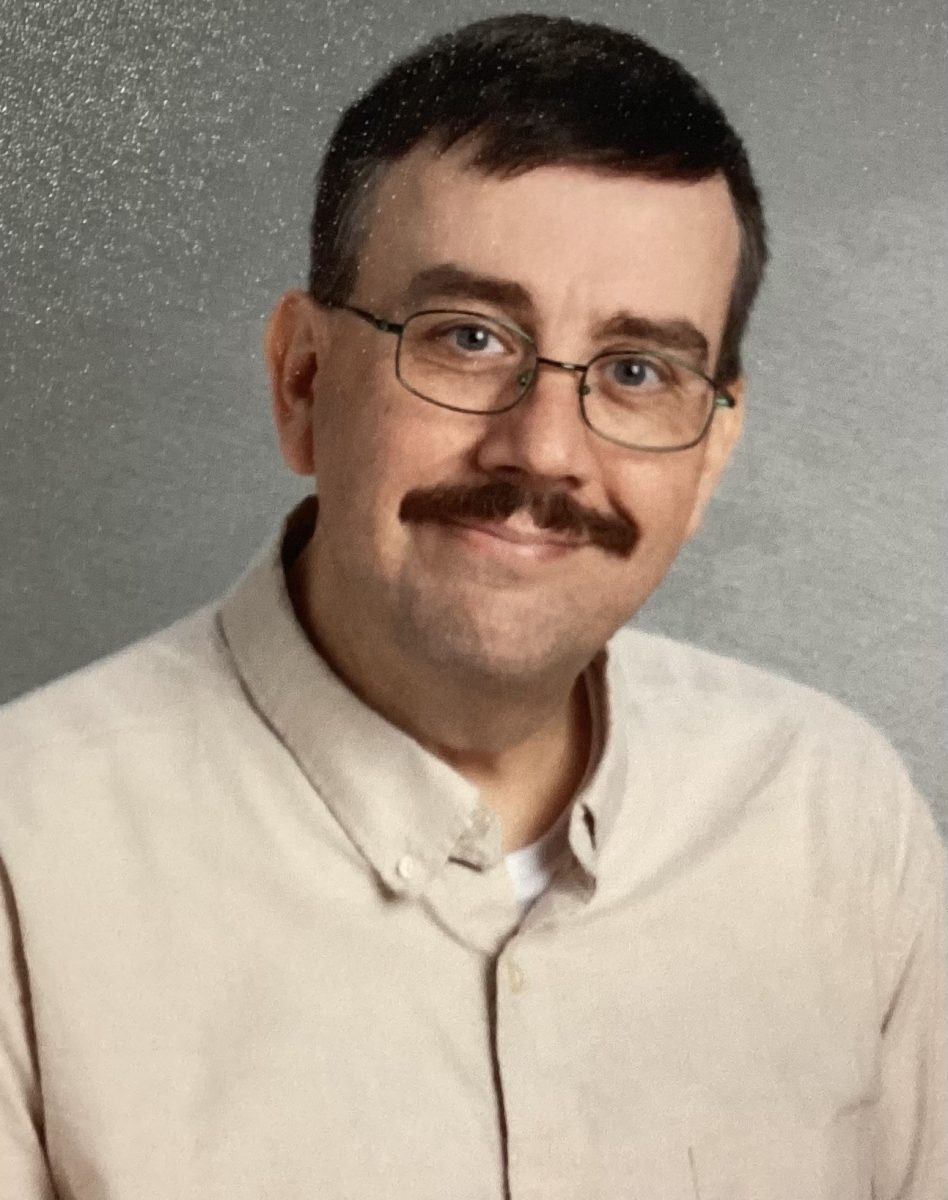
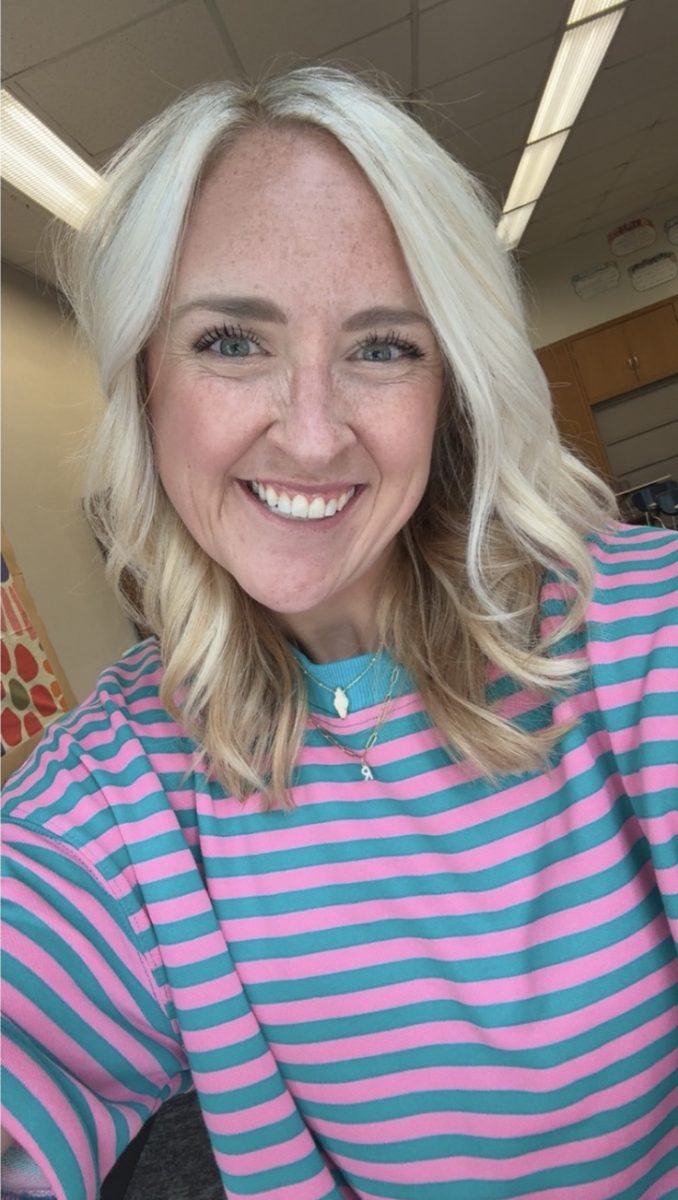
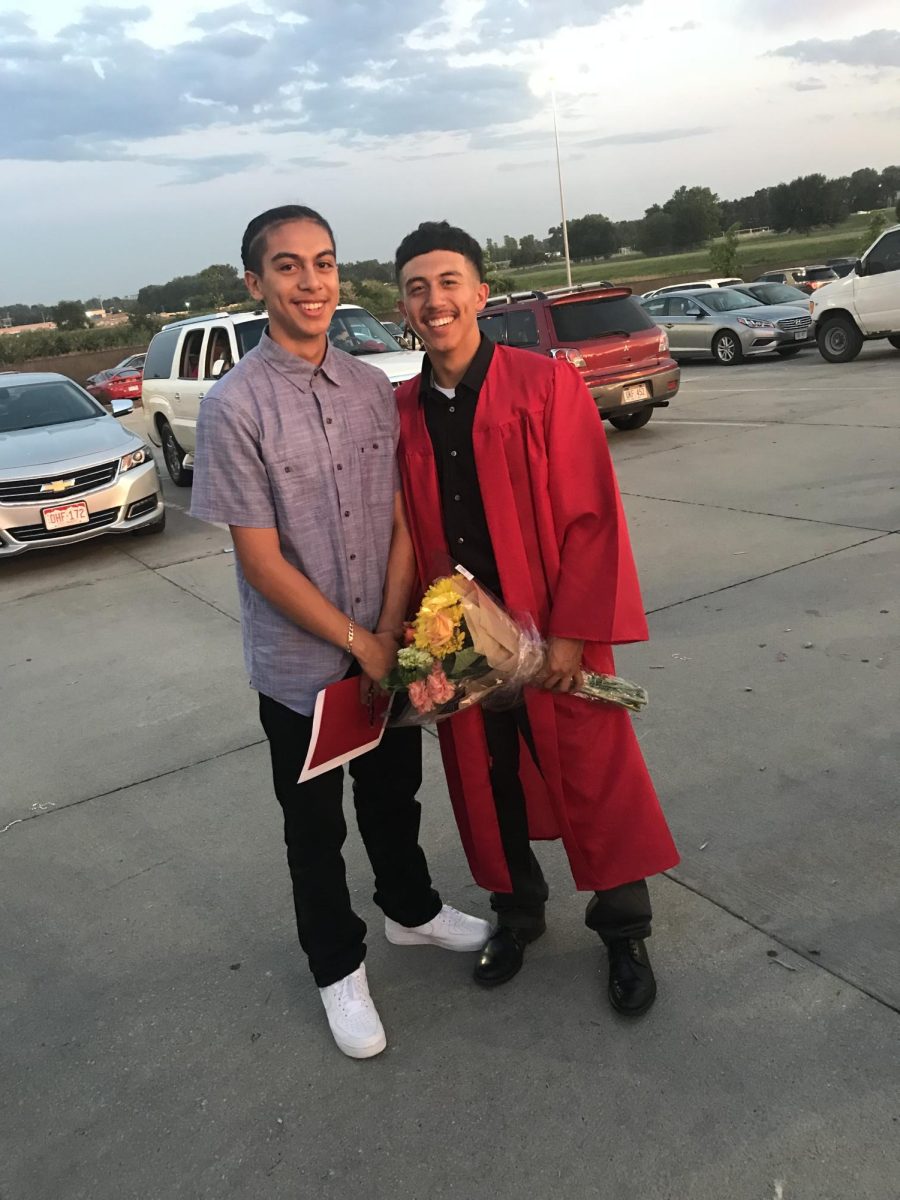

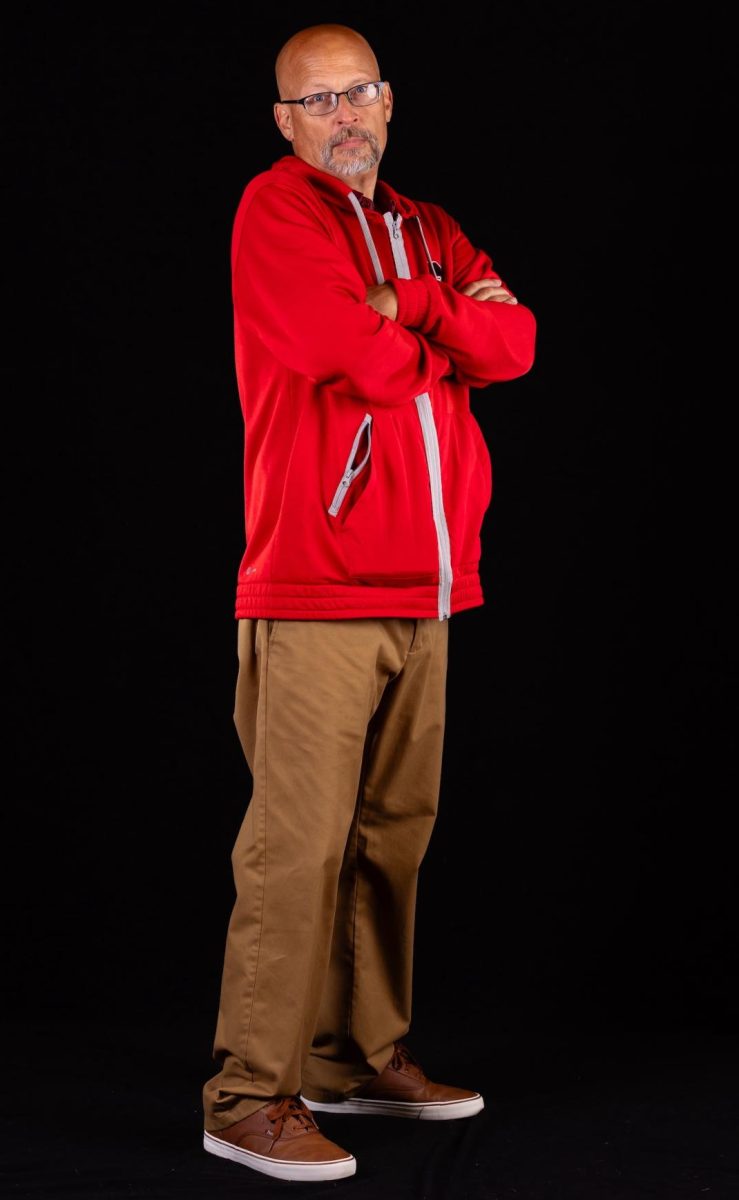
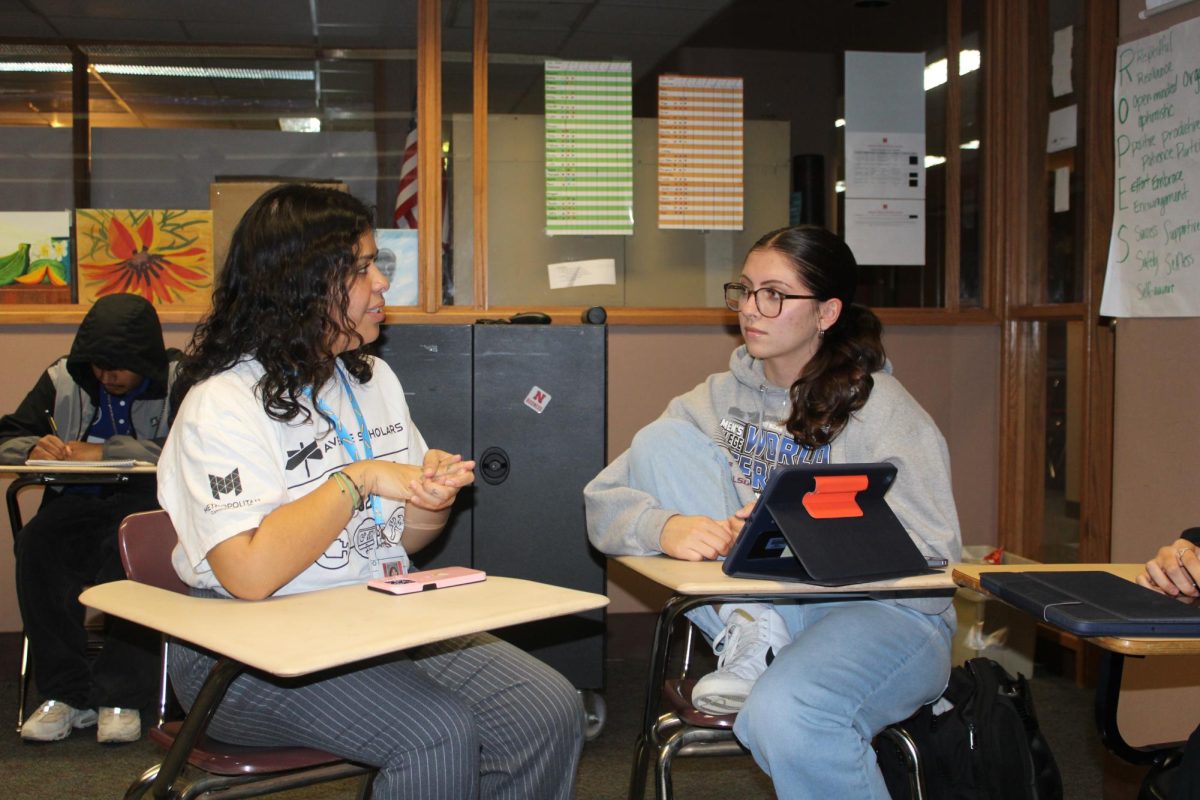
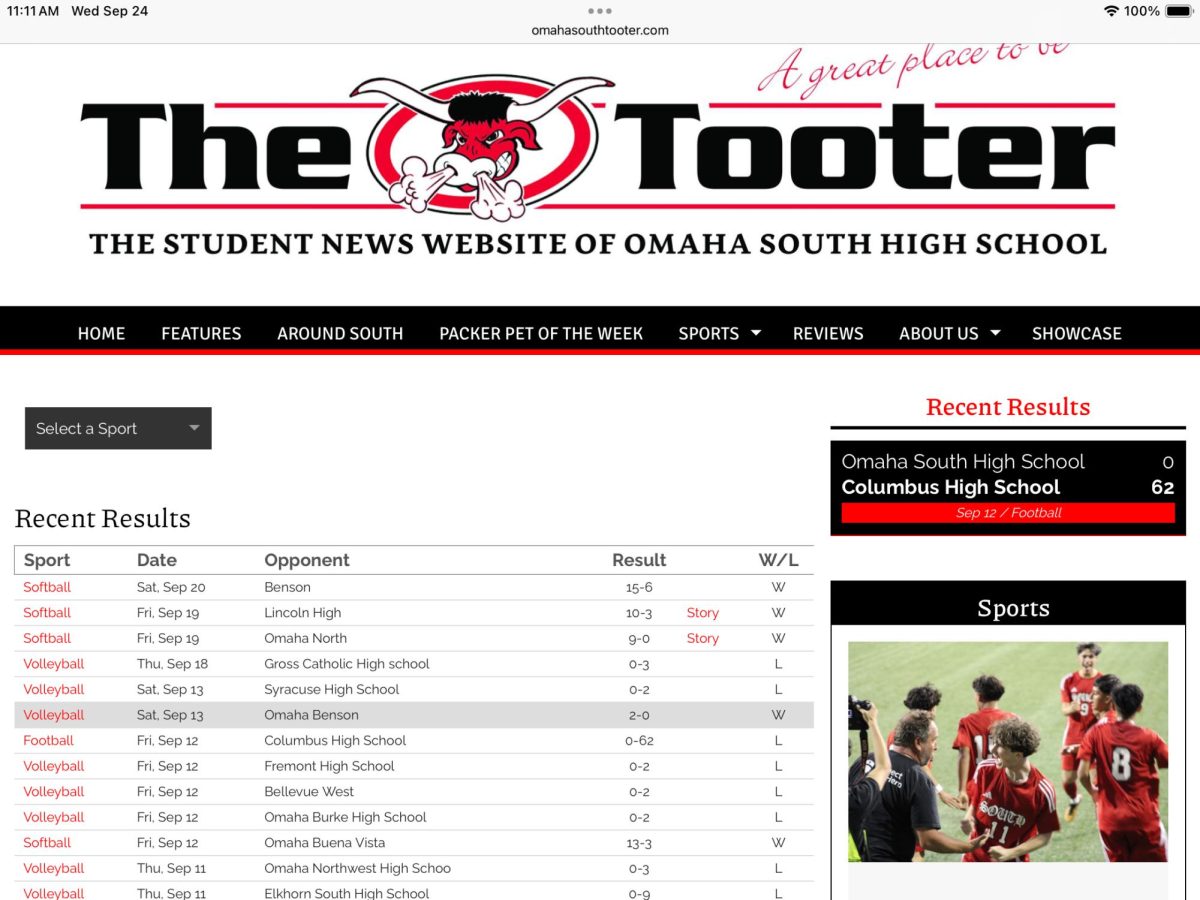
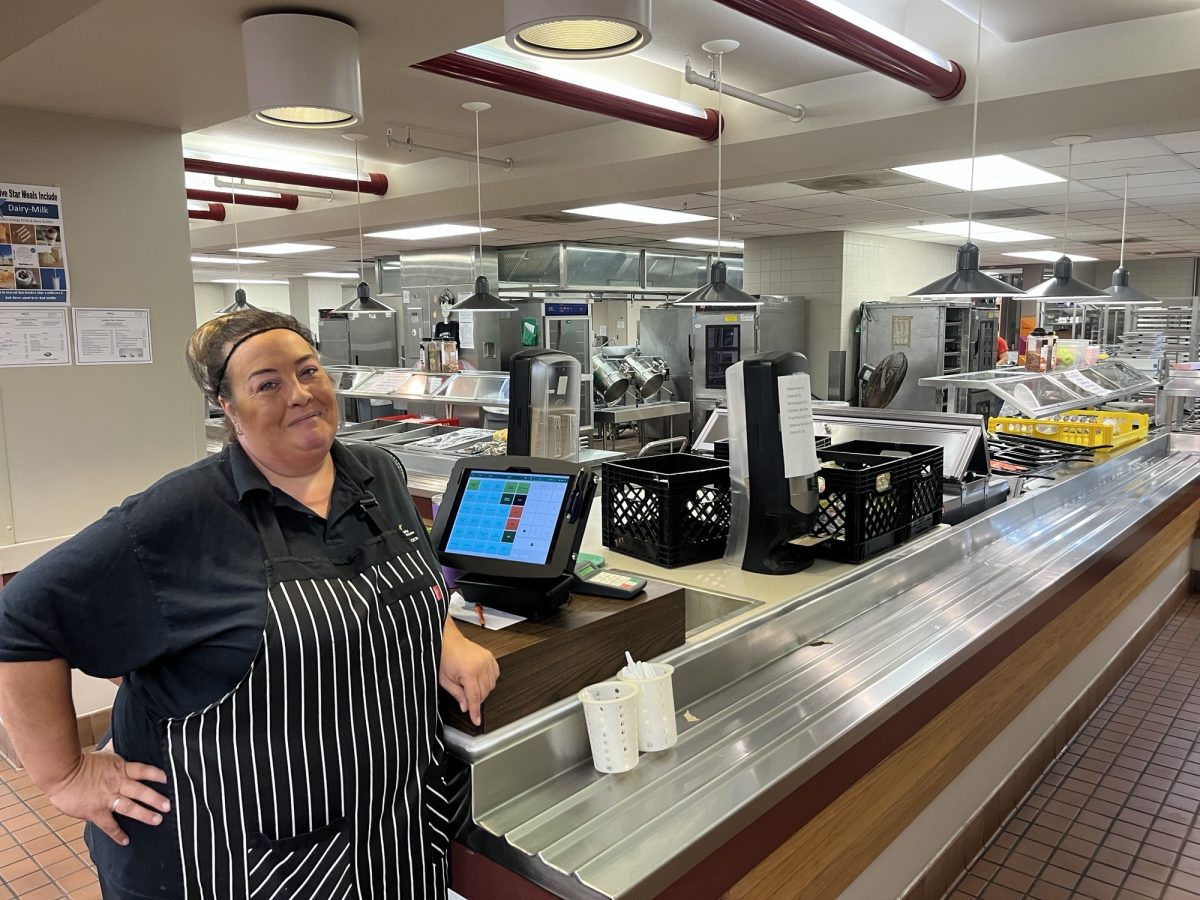
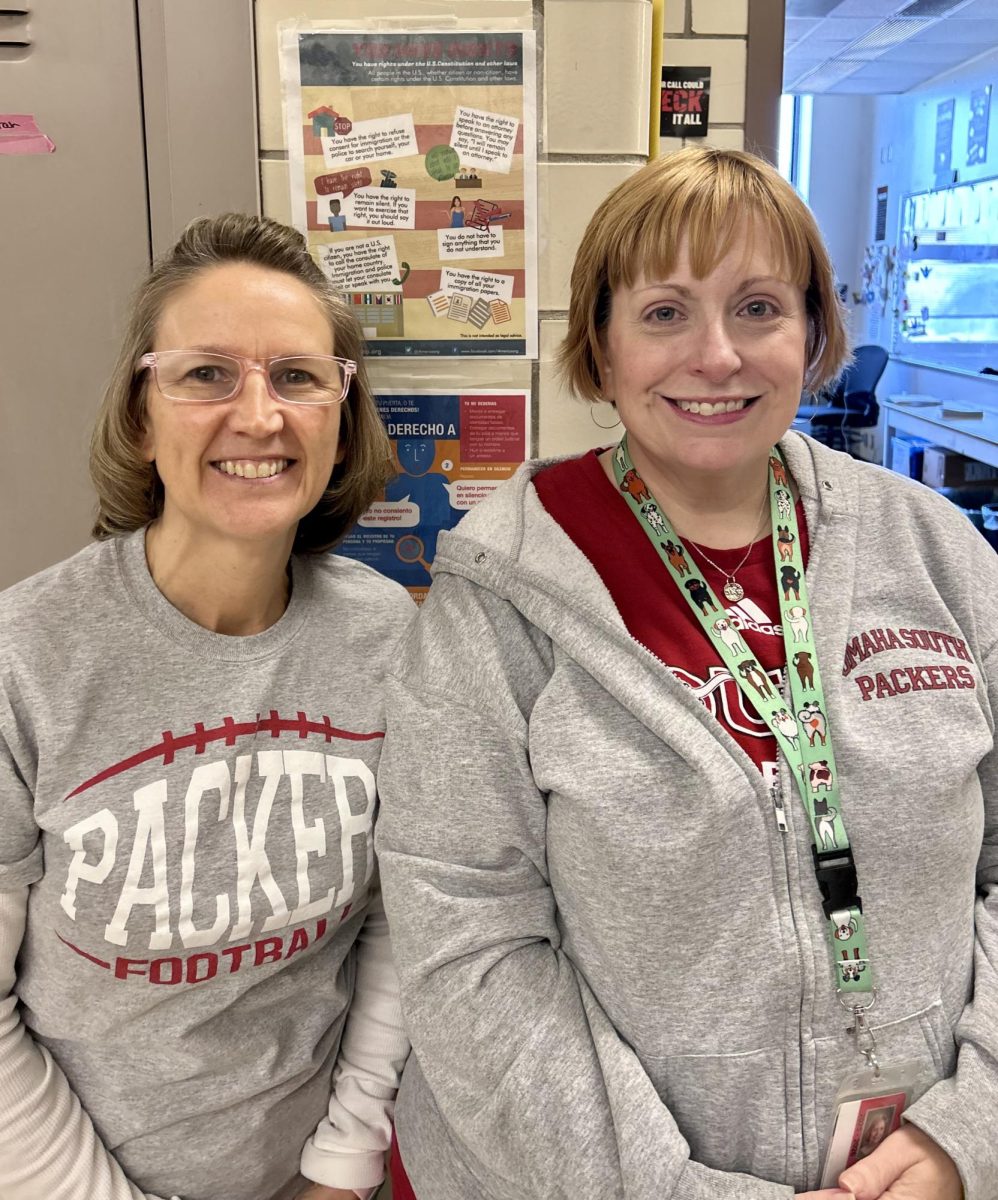
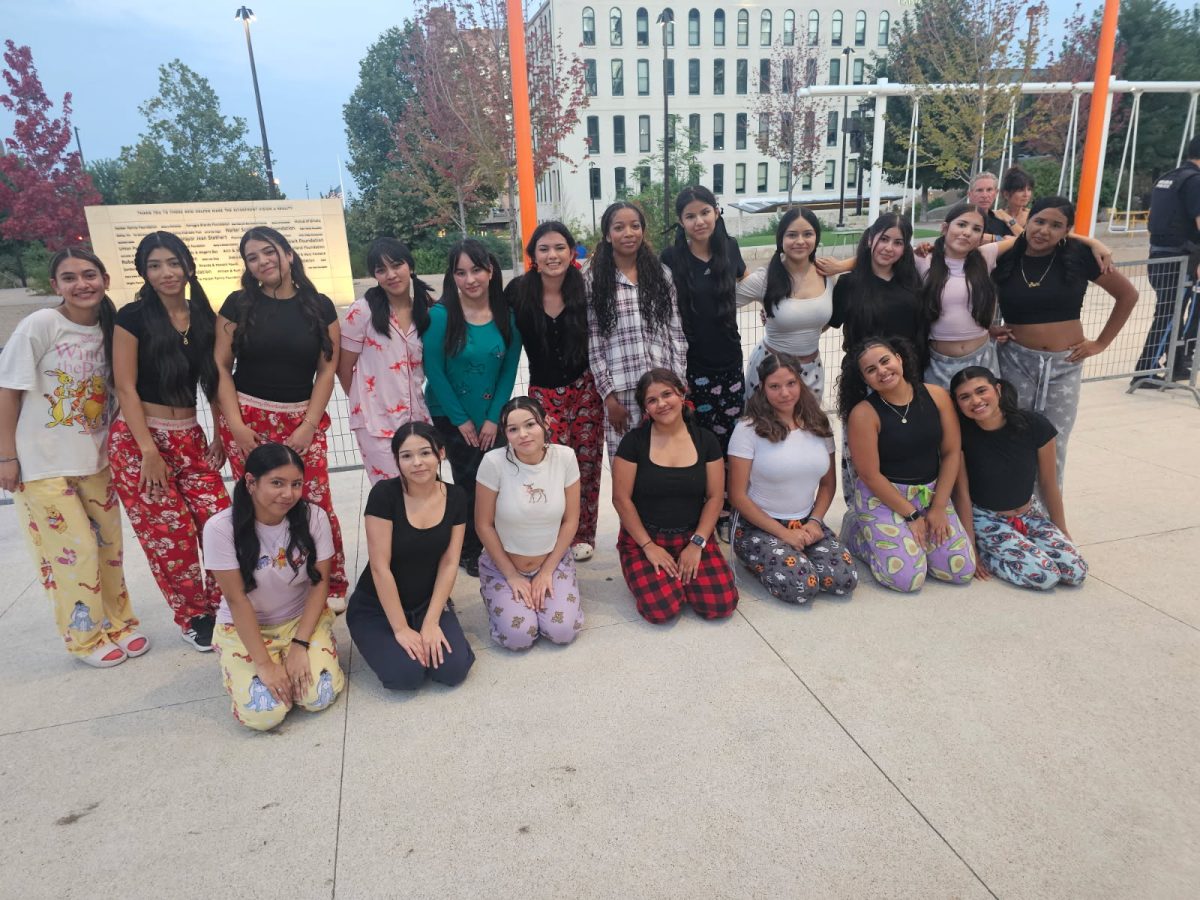
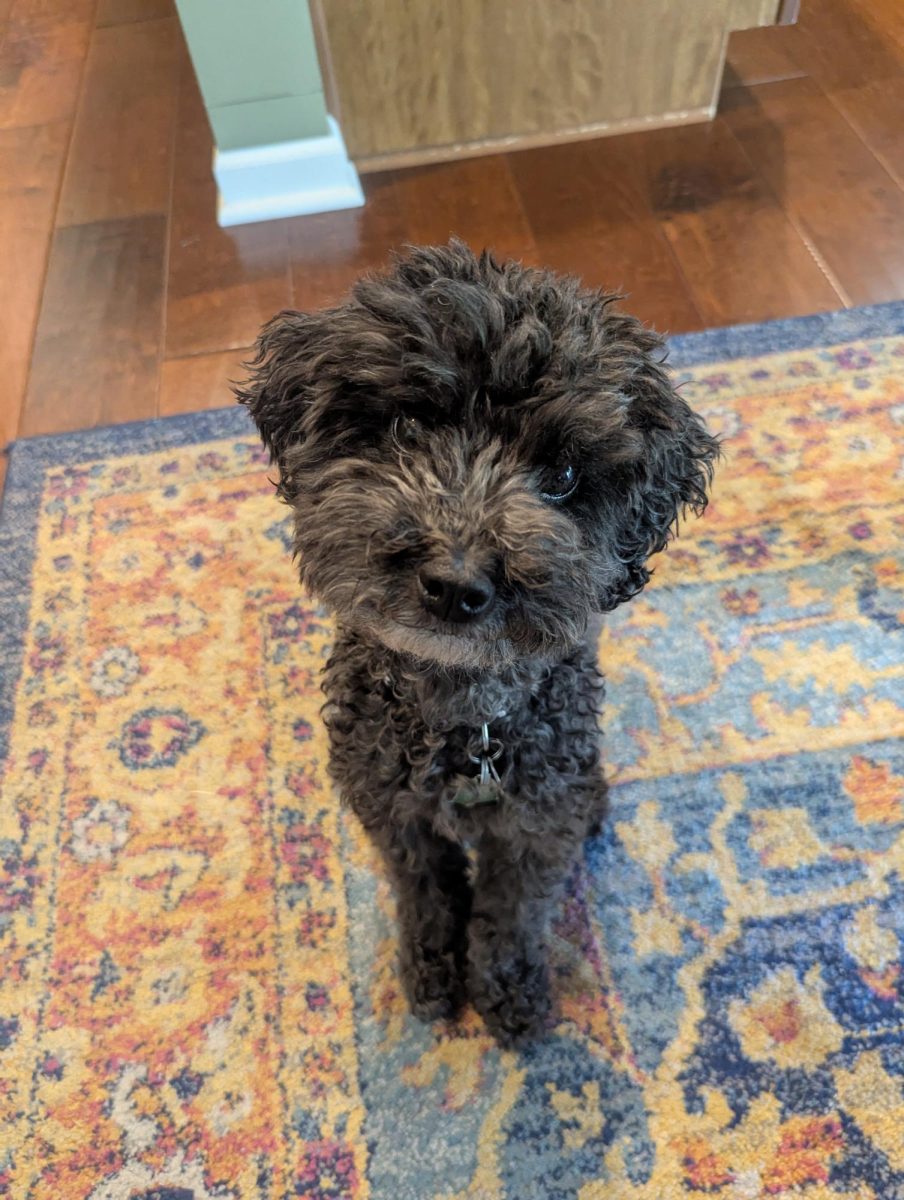




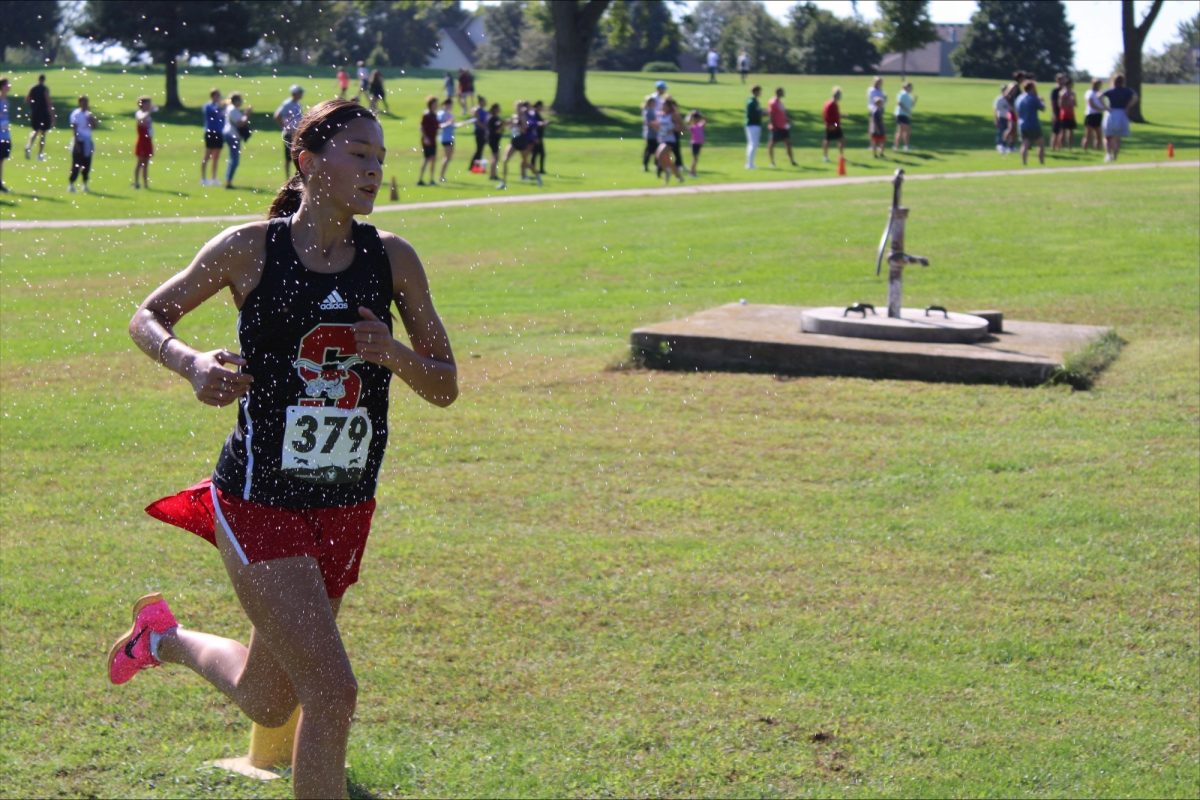
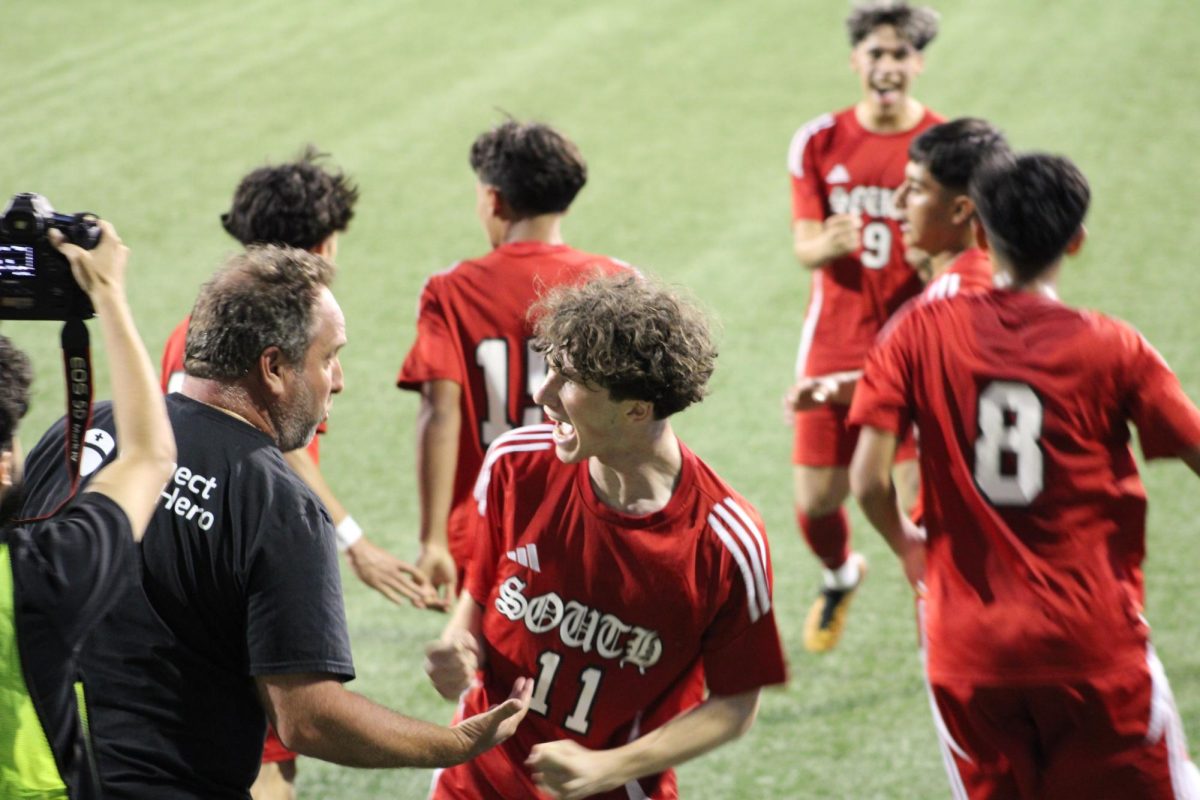
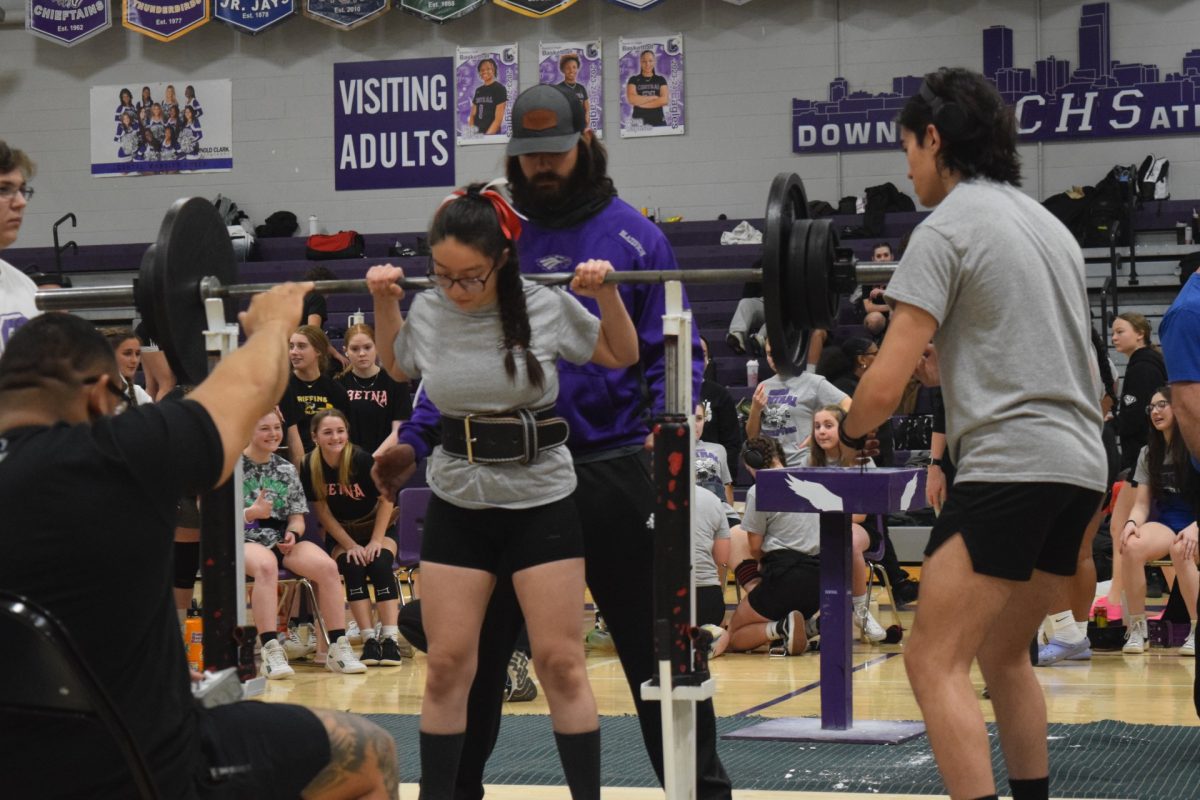

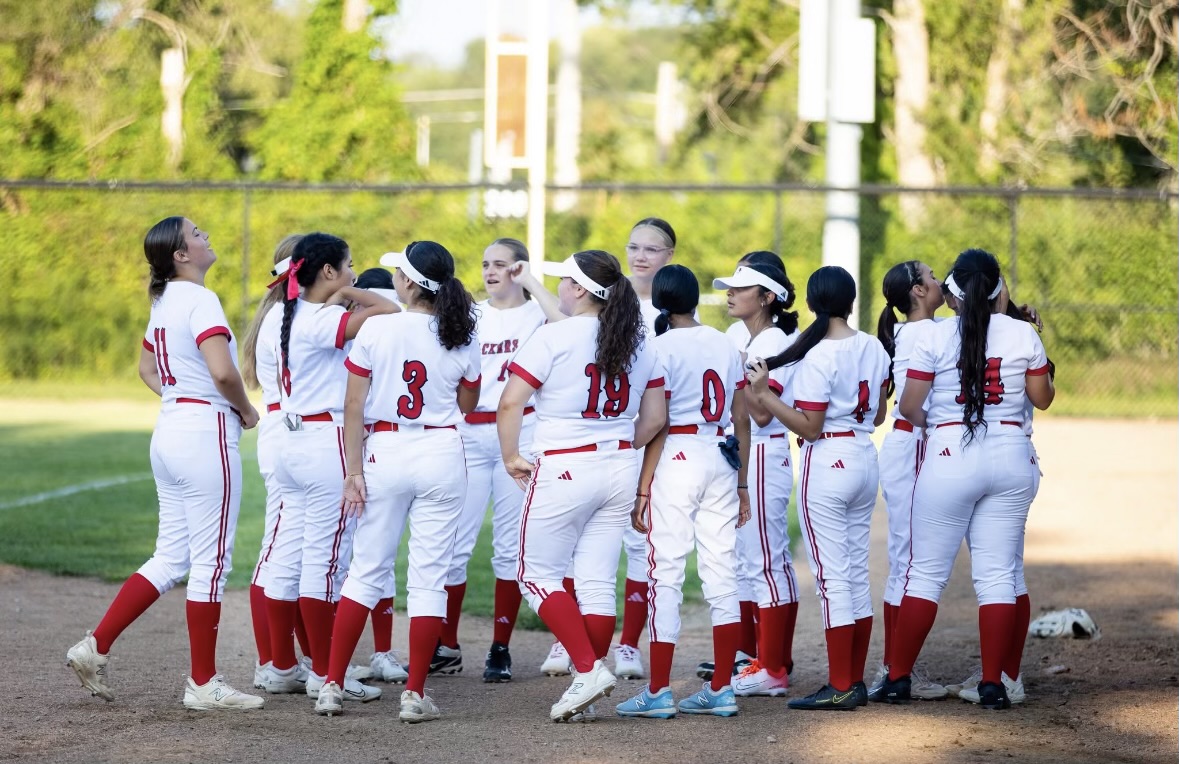

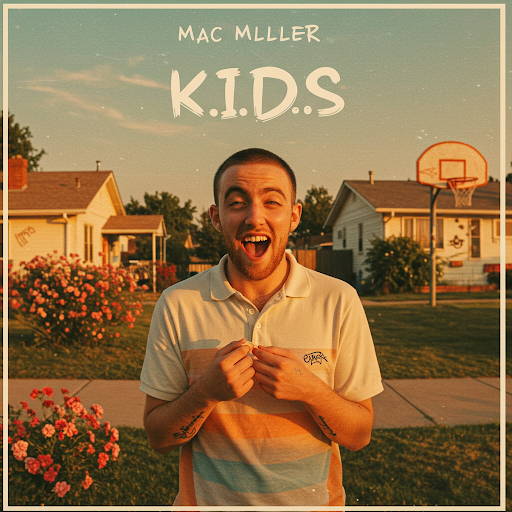
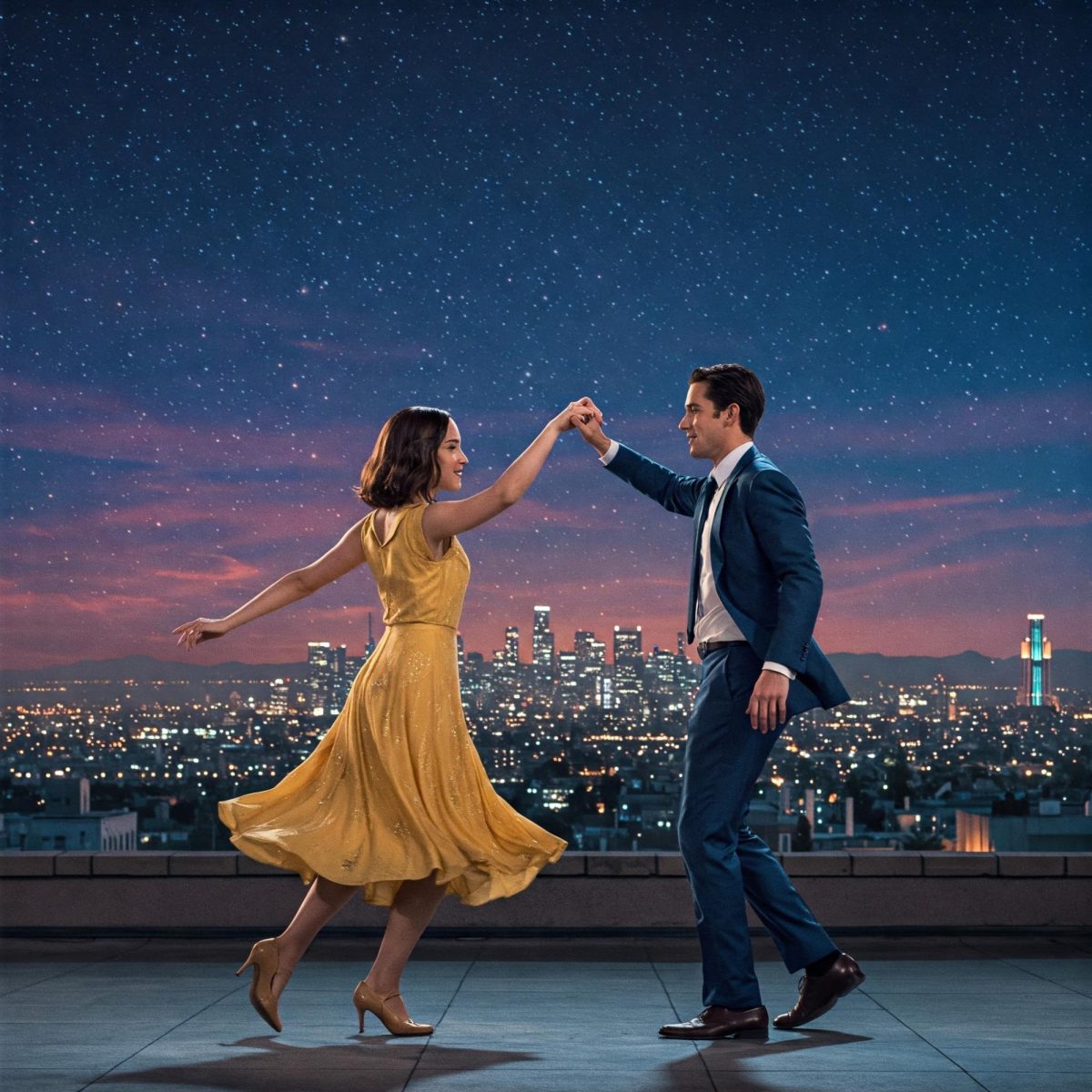
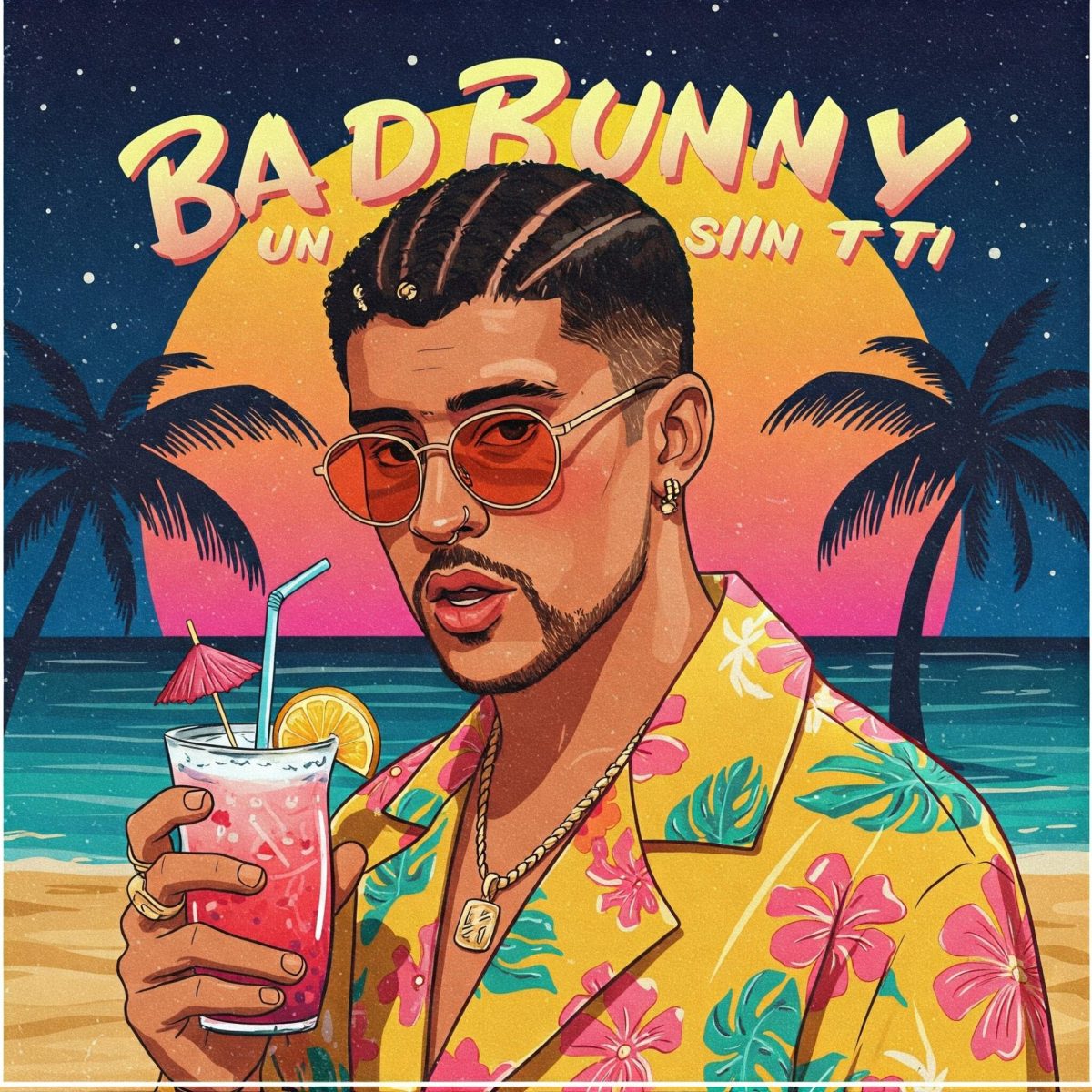
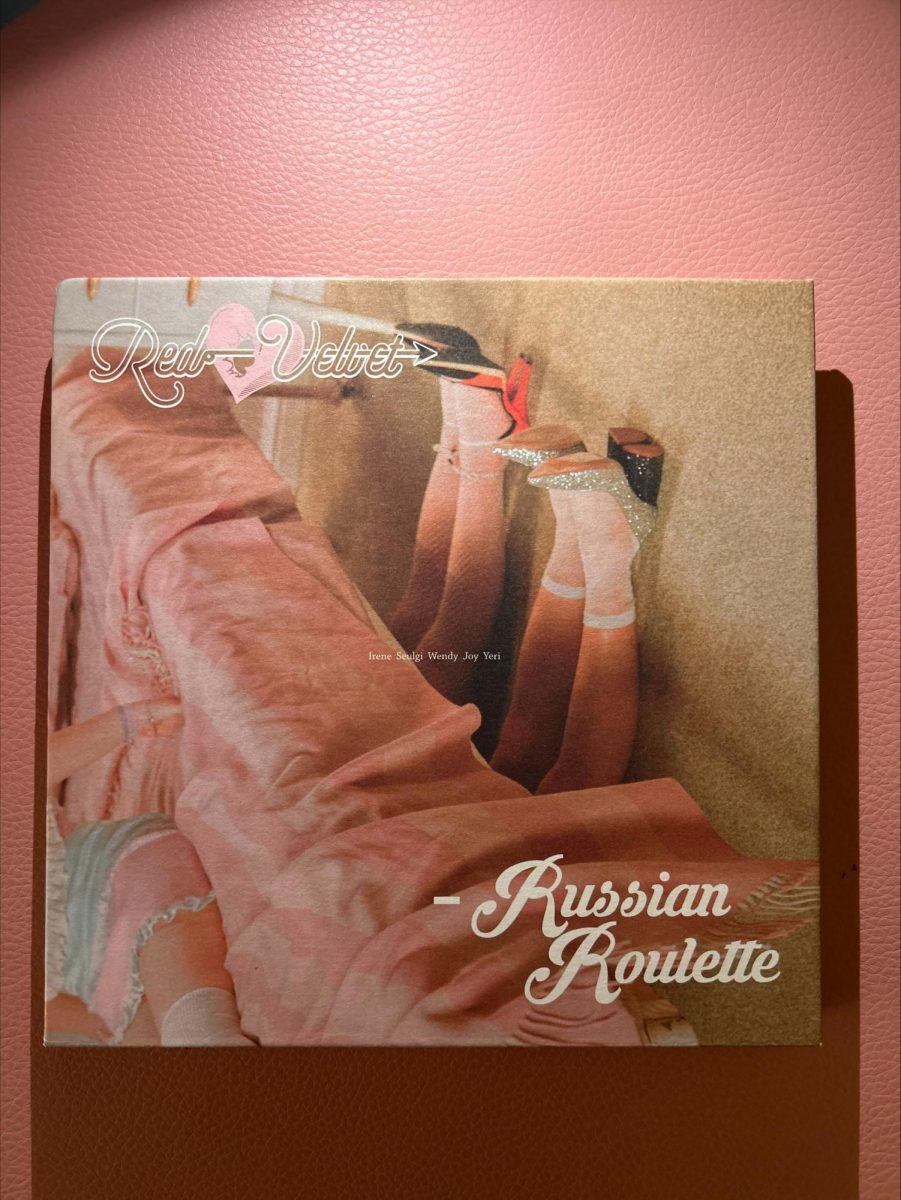
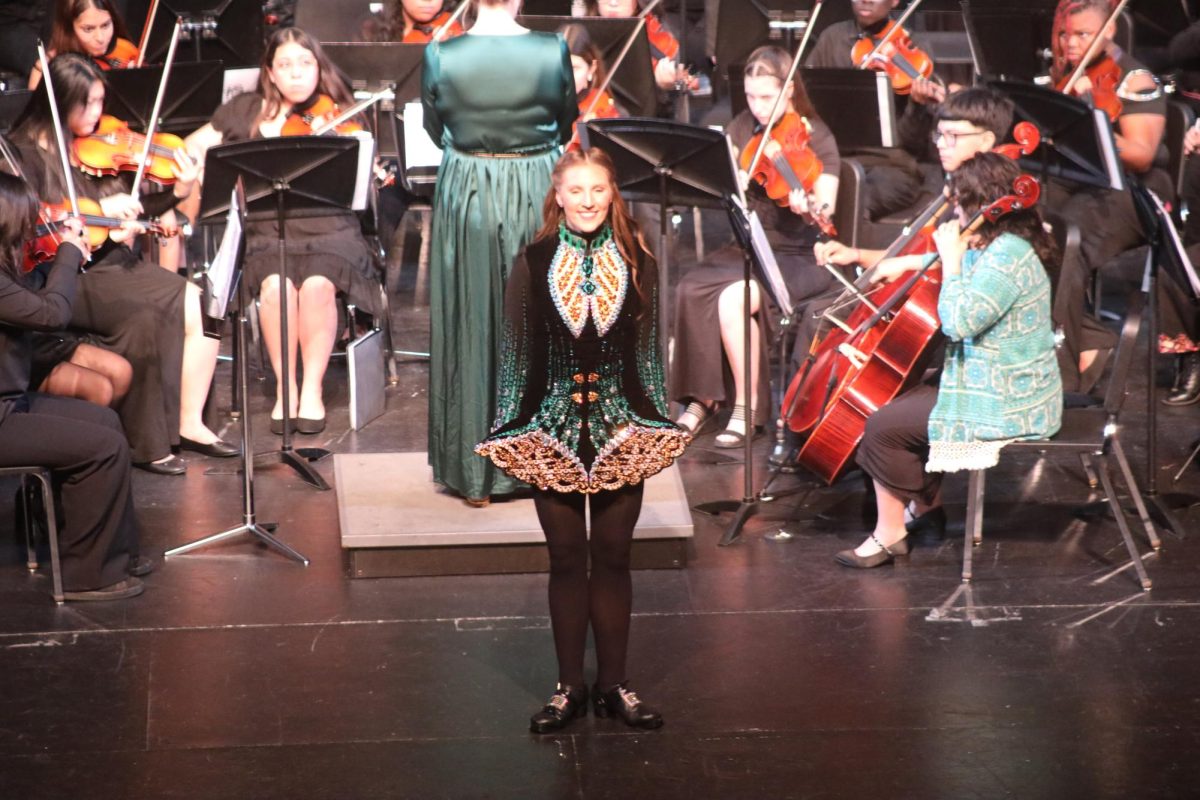
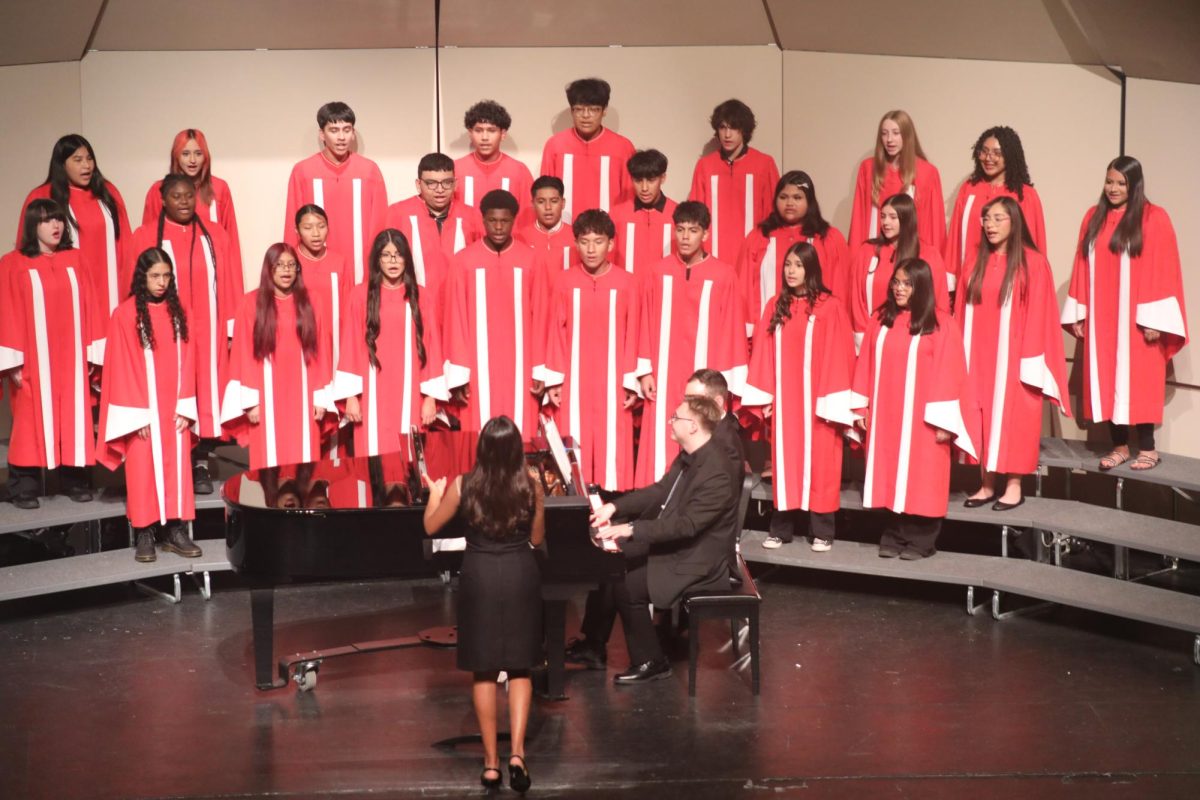
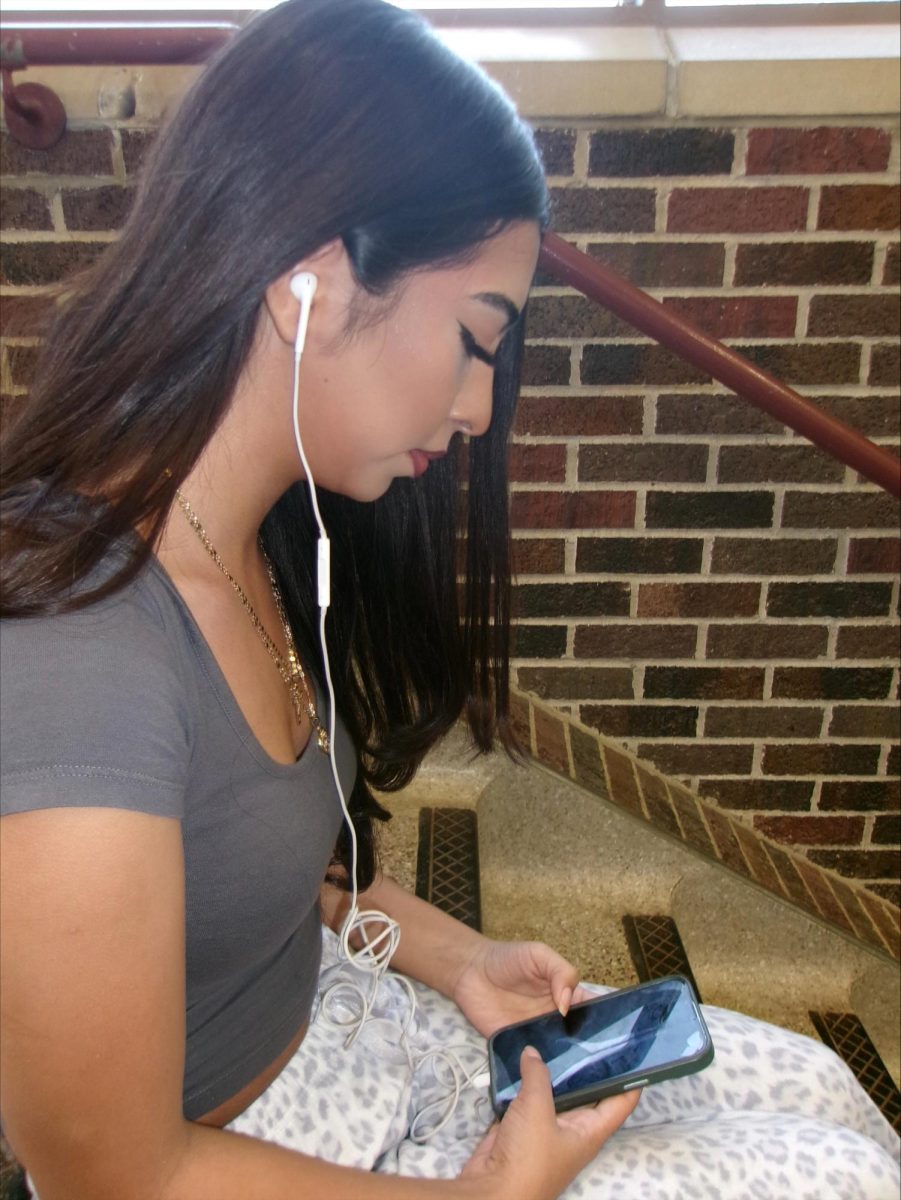
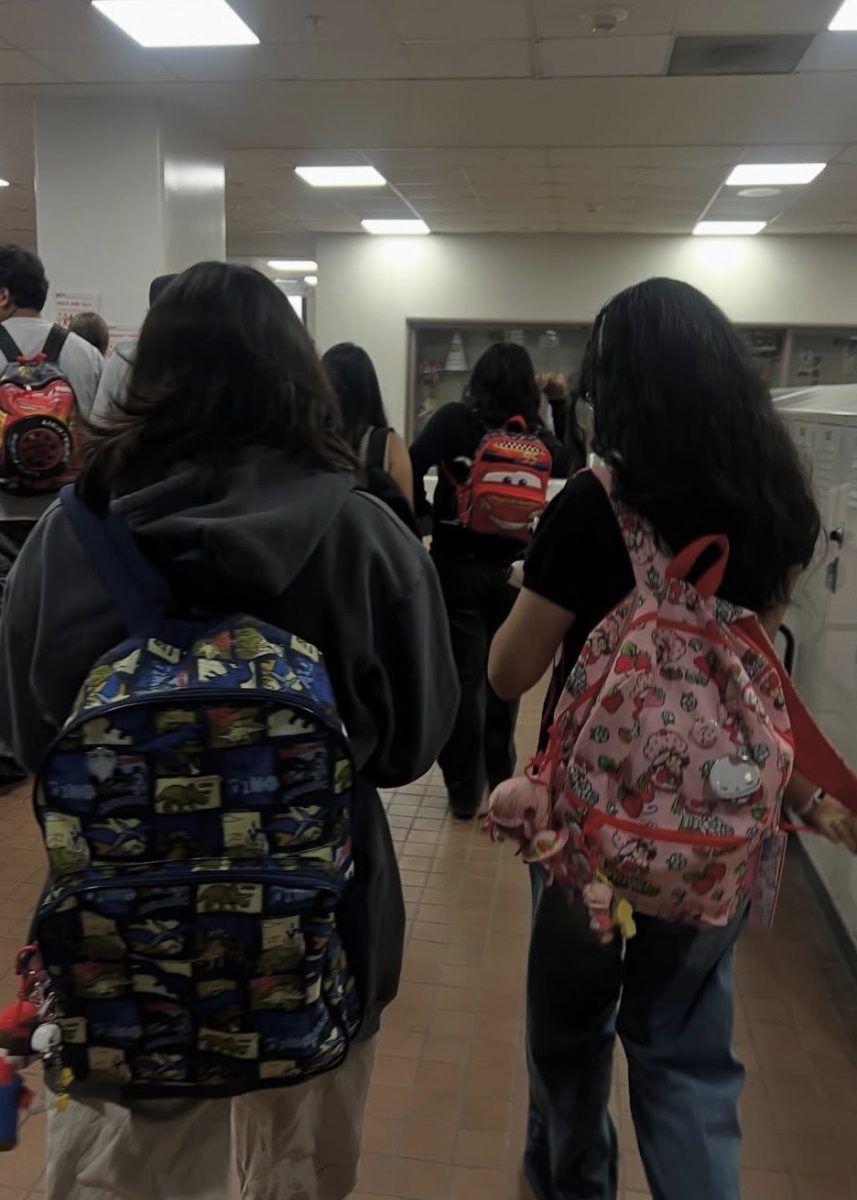
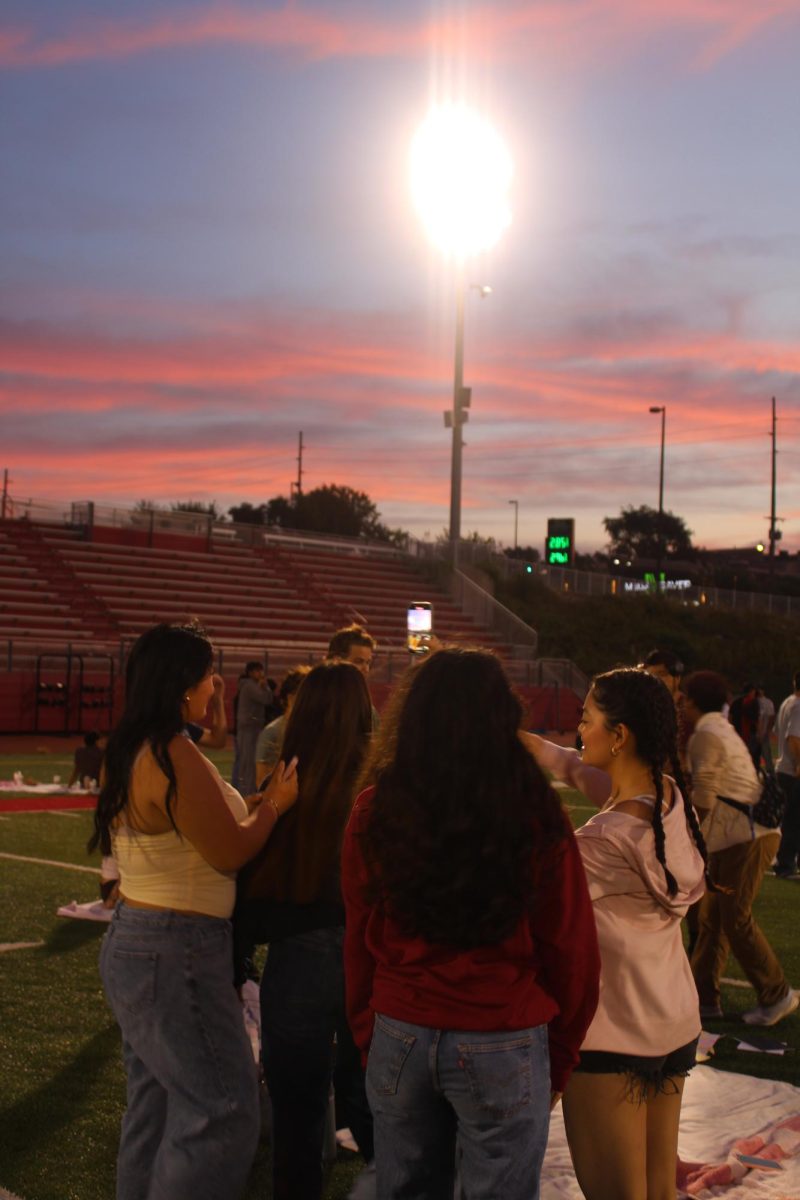

Jennifer • Jan 11, 2025 at 4:27 pm
Great job! This is so well-written and informative
Juan V • Jan 9, 2025 at 11:43 am
Amazing Article! we all connect with music in different ways wether it’s through cds, radios, phones no matter what year, music will always be with us all!
Magenta • Jan 9, 2025 at 11:38 am
Love the picture, so unique and fitting
Destiny • Jan 9, 2025 at 11:37 am
Love the story idea and the picture idea
Luis • Jan 9, 2025 at 11:34 am
Amazing article! Keep up the hard work.
Yaritzel Ramirez Puc • Jan 9, 2025 at 11:33 am
Great article! Very creative!
ashely • Jan 9, 2025 at 11:27 am
Wow it’s crazy to see how music has changed throughout the years!!!
emi • Jan 9, 2025 at 11:25 am
Love this, we get a little info on the changes of music
Briana • Jan 9, 2025 at 11:20 am
Thumbs up! Amazing story i was very interested
Briahna • Jan 9, 2025 at 11:14 am
This is an amazing article! Very creative. Keep up the amazing work!
Hugo Hernandez • Jan 9, 2025 at 11:13 am
Very nice article! I didn’t know these teachers liked this type of music!
October • Jan 9, 2025 at 11:10 am
This is so good, love the story idea.